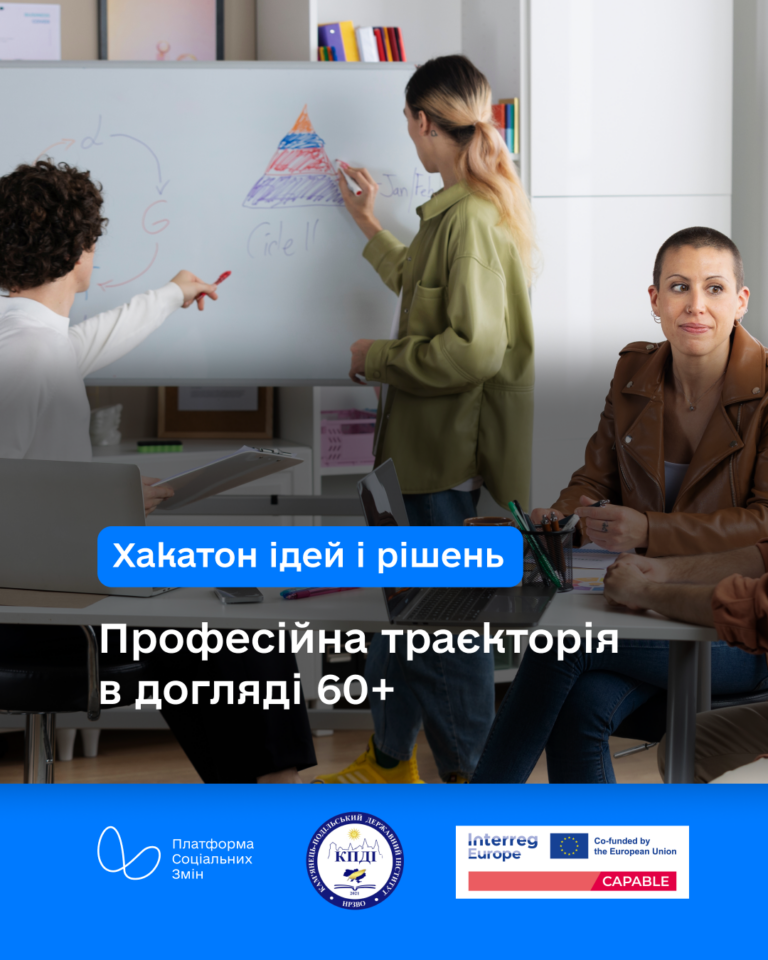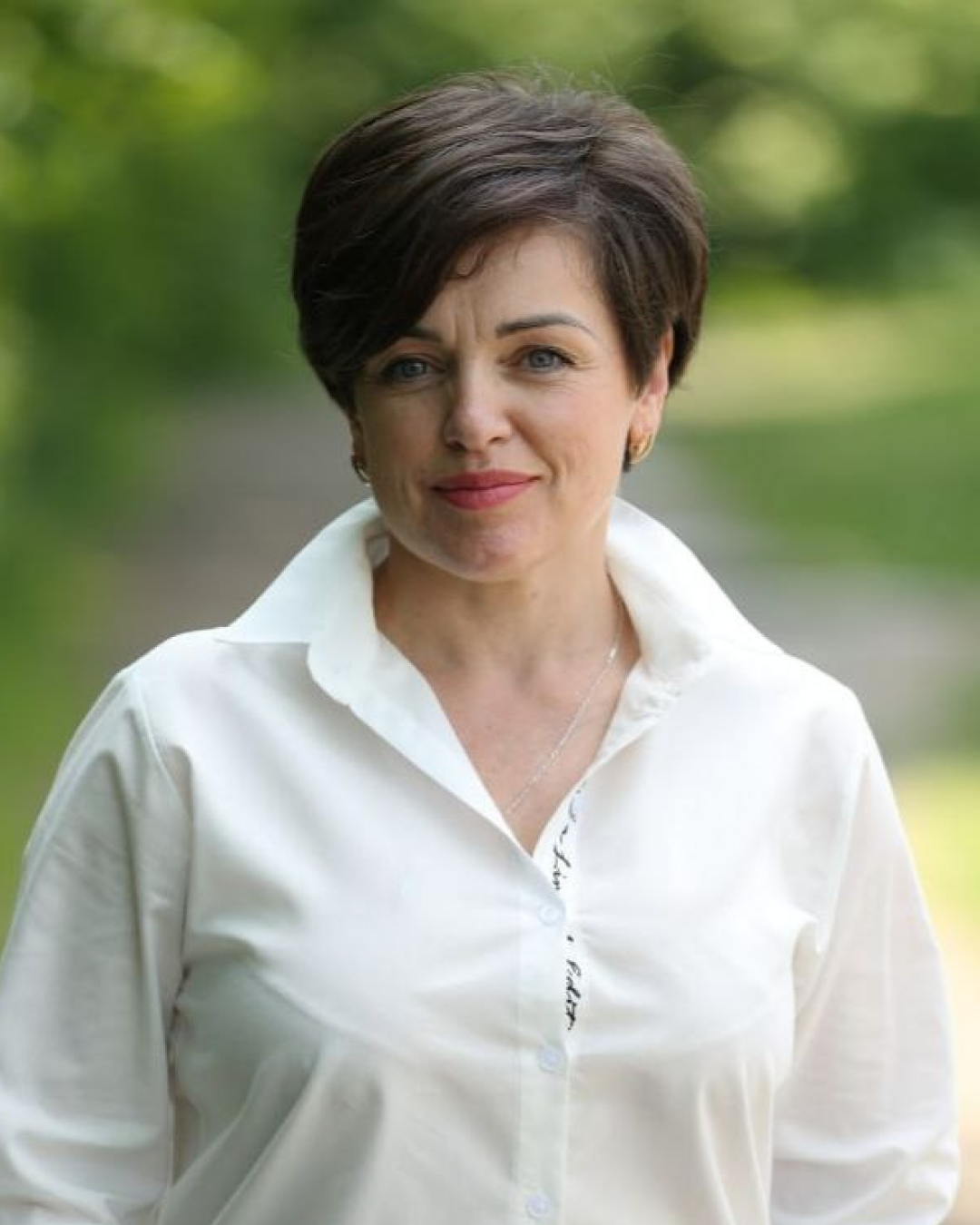Courses for Social Entrepreneurs and NGO Leaders
Flexible, practice-first modules covering strategy, finance, marketing, communications, and impact measurement. Gain tools and knowledge you can apply immediately to develop your projects.

will learn
Use practical tools. Ready-to-use templates, spreadsheets, and checklists for everyday tasks.
Get mentor support. Individual and group sessions with guidance and feedback.
Deliver tangible results. A final presentation and roadmap for implementing ideas.
Build organizational resilience. Skills in planning, process management, and team leadership.
Measure and align impact and finance. Apply tools to track social impact while ensuring financial sustainability.
Learn to set clear goals, map your theory of change, and make well-grounded, data-informed decisions.
Develop and test ideas, validate hypotheses, and shape a clear and meaningful value proposition for your customers.
Build effective marketing strategies, use digital channels, and craft storytelling that drives impact.
Set up efficient processes, define roles and responsibilities, and manage risks, quality, and growth.
Apply the Theory of Change, identify key metrics, and prepare transparent reports for stakeholders.
Plan budgets, master pricing strategies, attract resources, and get investment-ready.
Strengthen organizational capacity and grow sustainable social enterprises.
Self-paced mini-courses let you quickly upskill on a specific topic at your own pace. They usually consist of 3–5 modules (6–12 hours total), including recorded webinars, short exercises, and automatically graded quizzes. Participants also get notes, checklists, and templates. Support is provided via asynchronous comments, forum discussions, and occasionally group Q&A sessions. This format is perfect for those who want a fast, flexible learning boost without a strict schedule.
Cohort programs run for 4–8 weeks and involve active, group-based learning: live workshops, breakout sessions, case studies, and peer feedback. Each week includes 3–5 hours of synchronous sessions plus 2–4 hours of independent work. Groups typically have 15–30 participants, with one mentor guiding 10–15 people. The program combines group and one-on-one mentoring, practical assignment reviews, and personalized feedback. It culminates in a team or individual project with a clear implementation plan.
Yes! Participants get access to recordings of live sessions (with speakers’ consent), available for up to six months after the course. The package also includes all course materials: slides, workbooks, financial models, policy and reporting templates, and idea canvases. You can use these resources personally or within your organization with proper attribution, but public redistribution without permission is not allowed. Whenever updates or additions are made, participants receive an email with a link to the new version.
Mentoring is offered in several formats. Group sessions (60–90 min) focus on case reviews, Q&A, and sharing best practices. Individual consultations (20–45 min) provide tailored guidance on specific challenges — from strategy and financial models to communications and operations. Mentors respond to written queries within 48 business hours, and assignments are reviewed according to the course schedule. Participants leave with a set of practical tools: a Business Model Canvas, Theory of Change, KPI dashboard, financial models, go-to-market plan, and content plan. After the course, you still have access to the alumni community and periodic mentor office hours.
Yes, programs can be tailored for entire teams or organizations, including businesses, CSOs, and local government bodies. Modules are customized to your goals, with sector-specific examples and cases—from cooperatives and agri-processing to social services. Cohorts usually consist of up to 25 participants, with parallel groups possible if needed. Additional support includes pre-start readiness diagnostics, a joint capstone project, and an internal presentation of results for leadership or donors. After the program, participants receive a full document package: scope of work, confidentiality agreements, and a final report with learning outcomes.
Yes, participants receive a certificate of completion after finishing the program, provided they complete at least 70% of the practical assignments and attend the key sessions. Certificates are issued in Ukrainian, with an English version available upon request for portfolios or donors.




